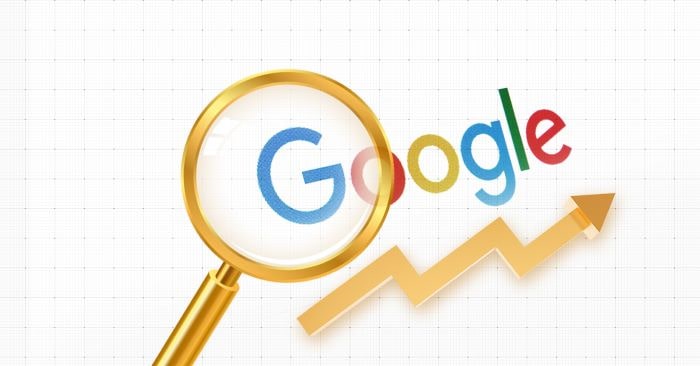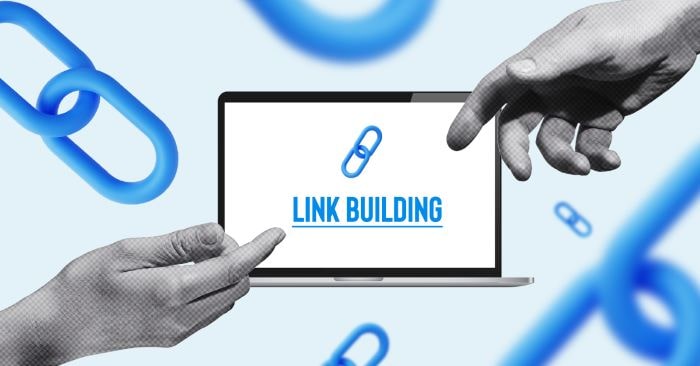More Pages Doesn’t Automatically Mean Higher Rankings
Do bigger websites with a large number of indexed pages automatically get higher rankings on Google? Matt Cutts says “That’s not the case” in the latest Google Webmaster Help video.
Cutts clarifies that having a lot of indexed pages doesn’t automatically provide better rankings; they provide more opportunities. More pages means more chances to rank for different keywords and search queries, and possibly more backlinks to your website.
“Just having a big website with a lot of pages by itself doesn’t automatically confer a boost,” he says. “But if you have a lot of links, or a lot of PageRank, which is leading to deeper crawling within your site, then that might be the sort of indicator that your site will rank just a little bit higher.”
What This Means for Your Website
This means you can’t just keep adding new pages to your website without thinking about search engine optimization and content quality. Well-written content people can relate to and draw valuable information from is usually gets linked, shared, and cited. You’ll also need to make sure your website has a solid internal link building structure to show how your pages are relevant one another, and make them easier for Google to index.
This could also mean more opportunities for bloggers to shine. Regularly producing high-quality blog posts increases the number of pages on a website, while providing more great content for other people to reference on their own websites, or share on social media.
It’s interesting to note that Cutts uses the word “might” throughout the video to emphasize that these are only possibilities, never guaranteeing or promising better rankings for websites with a larger number of optimized and indexed pages. You need to have a more robust and effective SEO strategy to achieve higher search rankings.
Talk to us for complete marketing and SEO services to improve your rankings and get people talking about your brand.








